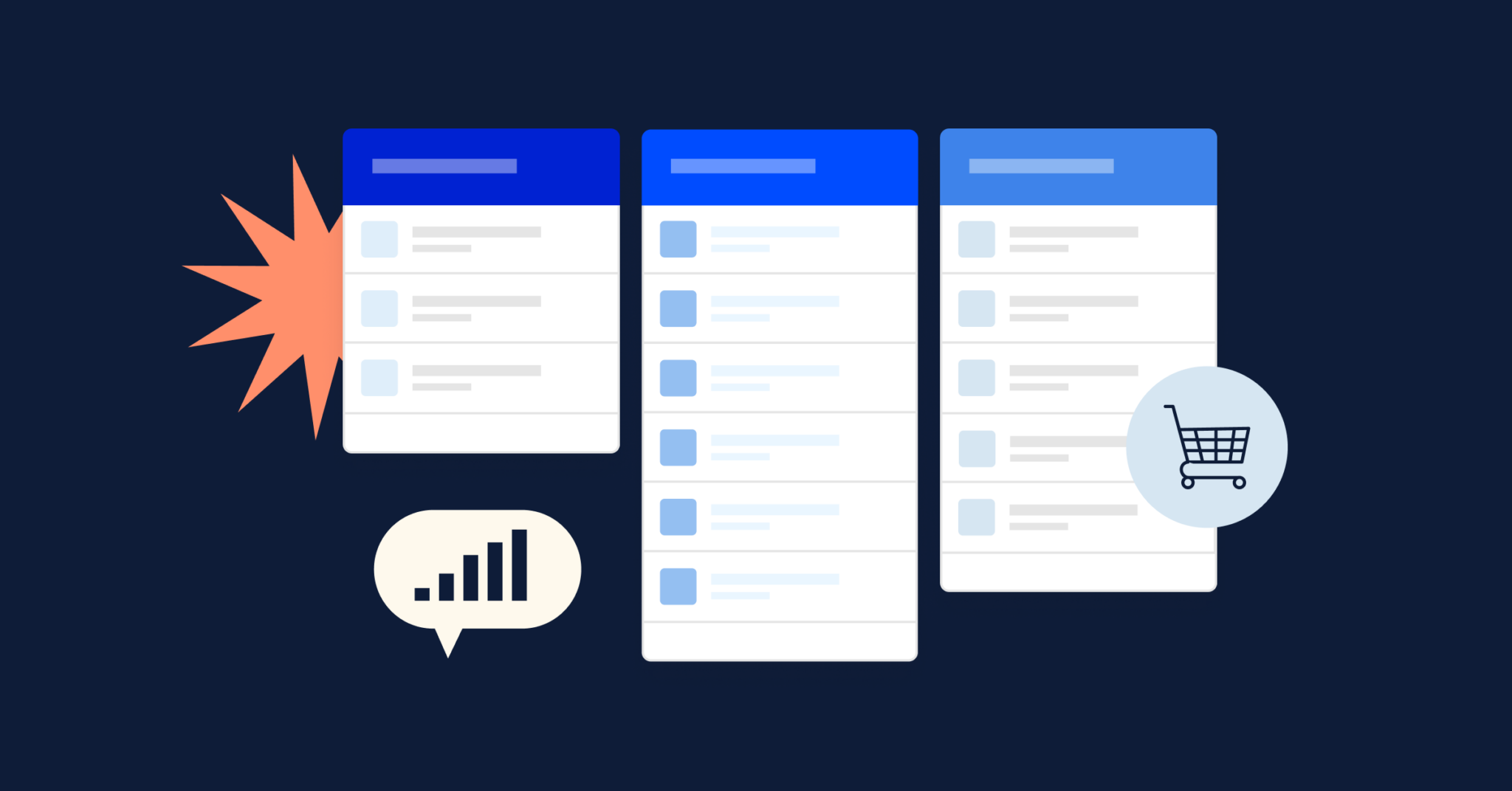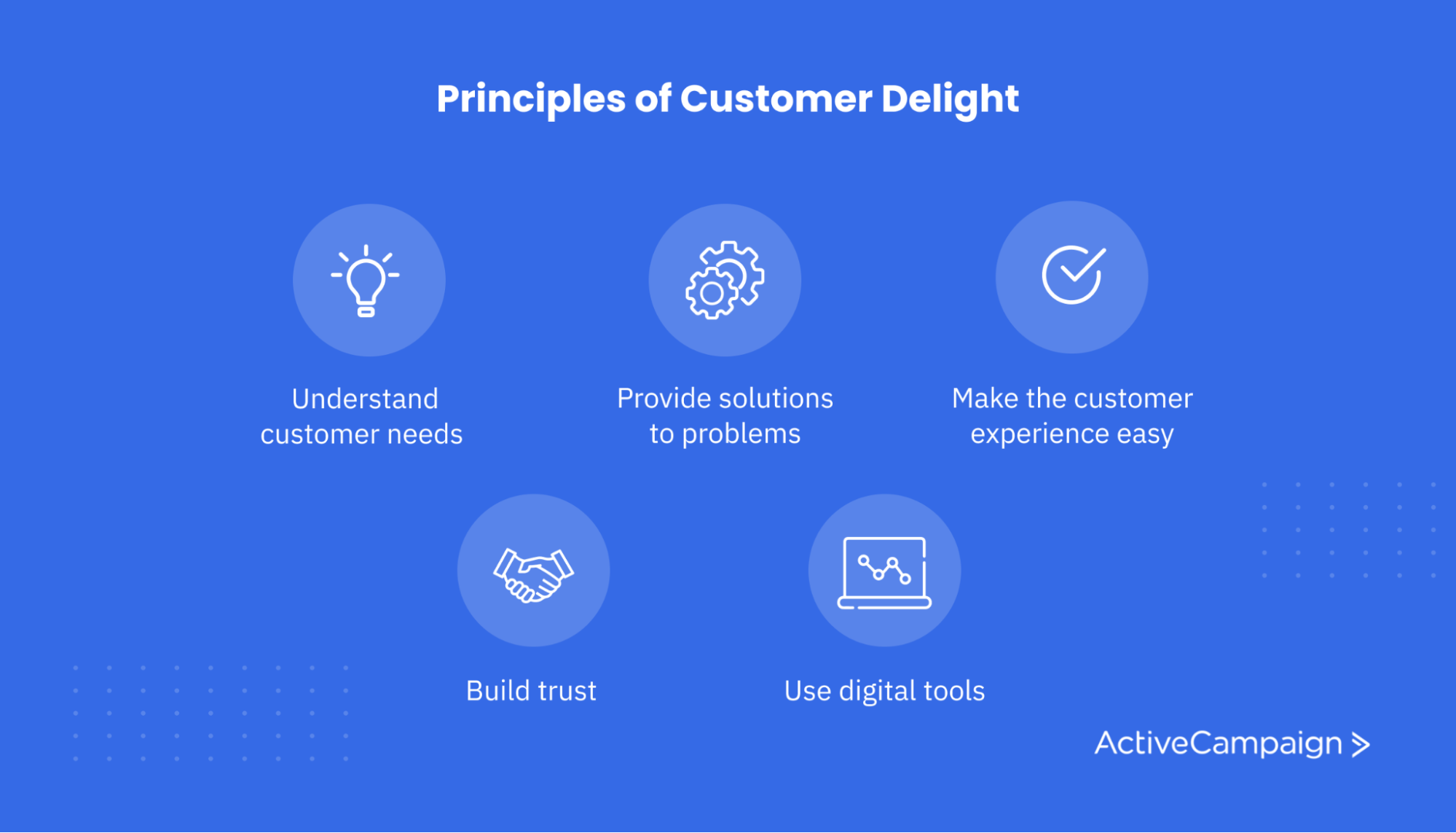You’ve probably heard that Facebook ads are great for small business marketing.
As you look for new ways to market your small business, you’ve probably come across consultants, marketing experts, and content arguing that Facebook ads are a must-have for your marketing campaign.
If you spend a lot of time on Facebook, you may have even been served some Facebook ads—about Facebook ads.
Facebook ads are a powerful content marketing tool for small business owners, in part because of this kind of targeting. What kind of demographic information do you need before you get started with Facebook ads?
Why are Facebook ads effective for small business?
There are a lot of marketing channels out there. When you look at small business marketing, you’ll probably hear about a lot of them:
- sponsorships
- brochures
- email marketing
- content marketing
- social media posts
Do Facebook ads work for small business? What makes Facebook ads for small business worth your time?
Facebook ads have two major benefits that set them apart for other marketing channels—and that make them especially effective for small businesses.
The first benefit of Facebook ads for small business: Targeting
As a small business, you aren’t trying to broadcast or cold-sell.
You don’t need to get hundreds of thousands of customers, at least not right away. For small business marketing, reaching as many people as possible usually isn’t the goal.
Could a Super Bowl ad grow your business? Maybe, but it would cost $10 million dollars and reach a lot of people that aren’t your target audience.
There’s an audience out there looking for your specific products and services—you just need to find a way to reach them.
Facebook ads let you shift from broadcasting to narrowcasting. Facebook’s targeting capabilities are intense—over 80 percent of US consumers use Facebook, and the average user spends 40 minutes on the platform every day.
That gives Facebook a massive amount of information—which you can use to target your Facebook ads at potential customers.
With Facebook ads for small business, you can target people based on:
- Language: The languages they speak
- Age: Their age
- Location: Based on country, city, state, or zip code
- Interests: Listed interests, pages they like, topics related to interests, even pages their friends like
- Retargeting: Using a tracking pixel to target people you have taken activity on your website
- Device: The device they access Facebook from, including mobile, tablet, and desktop
- Custom Audiences: Email addresses that you upload to use for targeting
This level of targeting means that you don’t waste your marketing budget serving B2C (business-to-consumer) ads to people who will never be interested in what you have to offer. It lets you cut through the noise and deliver content only to the highly-targeted people who care about what you have to say.
Additional targeting opportunities
Facebook Custom Audiences add another level of social media targeting by letting you serve ads to people on your email list.
To get a sense of the level of precision this type of social media marketing allows, check out this internet-famous story of using Facebook ads to prank a roommate. Creating a custom audience of one email address allowed the author to create promoted ads precise enough to really freak his roommate out.
Of course, Facebook has updated their processes so that this prank is no longer possible, but it does give you a sense of the power of speaking to a highly specific audience.
Because these people have already opted in to communications, you can be reasonably confident that they’re interested in your business. Targeting this audience with Facebook ads for small business is likely to lead to higher conversion rates.
If you use ActiveCampaign for your marketing automation, you can also use our custom audiences integration to automatically add or remove people to your custom audiences based on their engagement rates with your emails, website, and other marketing.
The second benefit of Facebook ads for small business: Clear reporting
There’s a famous quote in advertising, by the early 20th century merchant John Wanamaker:
“Half the money I spend on advertising is wasted; the trouble is I don’t know which half.”
In the days when traditional advertising dominated, it was difficult to tie advertising budgets directly to ROI results.
When you make Facebook ads for small business, that connection is much simpler—so you don’t have to worry that your ad spend is being wasted.
Facebook delivers a variety of KPI (key performance indicator) metrics and native Facebook Ads reporting templates that can help you assess the engagement rates of your ad campaigns.. They include:
- Reach: The number of people shown your promoted ads in their news feed
- Cost per click: Cost per page like, website click, or other goal you choose
- Total spend: The total amount you spend on an ad campaign
- Clickthrough rate (CTR): The percentage of people who clicked after seeing your B2C marketing ad
By very clearly showing you the cost of each action, Facebook makes it easy for you to figure out if your campaigns are getting good KPIs with these engagement benchmarks.
If you know reach, clickthrough rate, and cost per action, you can easily figure out how expensive it is to increase website traffic to your landing page, or to sign up for your email list.
Customer acquisition costs are relatively easy to calculate, and the low cost of Facebook ads means it’s easy to A/B test copy and image combinations to find the best conversion rates before you go all in with your ad spend.
Best practices for Facebook ads: Compelling copy and creative
Once you’ve decided that Facebook ads are worth your attention, you need to actually put together a promoted ad.
Facebook offers a few different options for the design component of your content to create dynamic product ads:
- An image
- A video
- An image carousel
- A slideshow
- A canvas
Regardless of the specific visual format you decide to use, you want to make sure that the actual image or video you choose accomplishes four things:
- Uses bright colors
- Catches the eye
- Displays your value proposition
- Presents a clear CTA
News feeds are crowded, so your visuals need to pop and grab your audience’s attention. No amount of paid promotions using targeting will help get people into your sales funnel if they won’t engage with your ad.
Your advertising copy should be similarly snappy. You need to grab attention and clearly demonstrate why people should be interested in your Facebook ad. If you combine content with strong visuals, you can increase your click-through rate and overall Facebook ad ROI.
For both copy and visuals, Facebook publishes guides that detail their technical requirements and advertising rules.
When shouldn’t you use Facebook ads for small business?
The potential of Facebook ads for small business is high, but are there situations where paid promotions aren’t the best fit? Probably.
Whether or not Facebook ads make sense for your marketing is a decision you have to make based on the specifics of your business. But there are a few situations where it might be harder to make Facebook ads work.
- Your audience isn’t on Facebook: Some people still don’t use Facebook. If you’re targeting an older audience, or you target business professionals who don’t like seeing business content on their personal social media, promoted posts on Facebook might not be the best fit.
- You’re scaling up in a big way: If you’re targeting a small niche, your customer acquisition cost may start to go up. Once you’ve reached the people who are easiest to reach, it can get more expensive to reach more customers with boosted Facebook ads, and you’ll have to make a decision based on the numbers if the ROI benefits your business.
- You haven’t defined your audience yet: The strongest benefit of Facebook ads is targeting. If you aren’t yet sure who to target, it’s worth taking a step back to do some market research. You can also use a small test budget to see if boosted Facebook ads will work for your business.
Facebook ads can be a powerful marketing tool for your small business.
With simple measurement and unparalleled ability to target based on interests and custom audiences, Facebook ads can be the difference maker—to help you cut through the noise, reach your customers, and grow your business.



